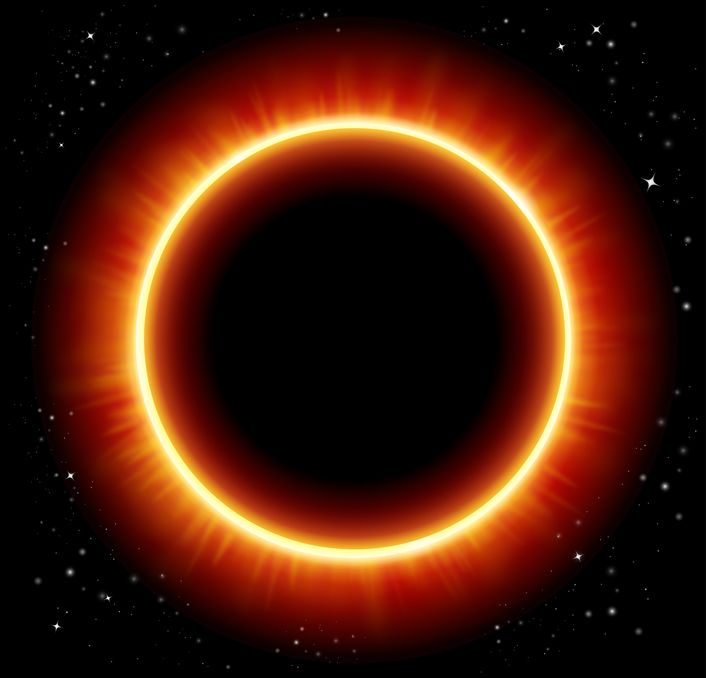
A forthcoming solar eclipse could have an impact on the stock market that day, suggests a professor with York University’s Schulich School of Business who has studied the effects of daylight patterns on trading activity.
On Aug. 21, North America is set to experience its first total solar eclipse in 38 years. The event, which will also be visible in parts of South America, could affect stock markets, suggests Mark Kamstra, finance professor at Schulich.
“Historically, solar eclipses have inspired great fear, and, even today, some superstition remains for many people, so the markets can expect some fallout,” he says. “Investors may want to avert their eyes from market moves as well as the glare of the eclipse when the moon cuts in front of the sun later this month.”
Kamstra has studied whether financial market returns are impacted by seasonality and particularly the availability of daylight at different times of the year. That research concludes that stock market returns are “significantly related to the amount of daylight through the fall and winter.”
Specifically, the research finds that lower levels of daylight are associated with higher levels of depression and heightened risk aversion, which impacts market returns.
Despite the theory, data show that following the total eclipse on Feb. 26, 1979, the Dow Jones industrial average dropped a scant two points that day.
Photo copyright: silvertiger/123RF